Neurosalience is making research into the risks of dementia more accessible
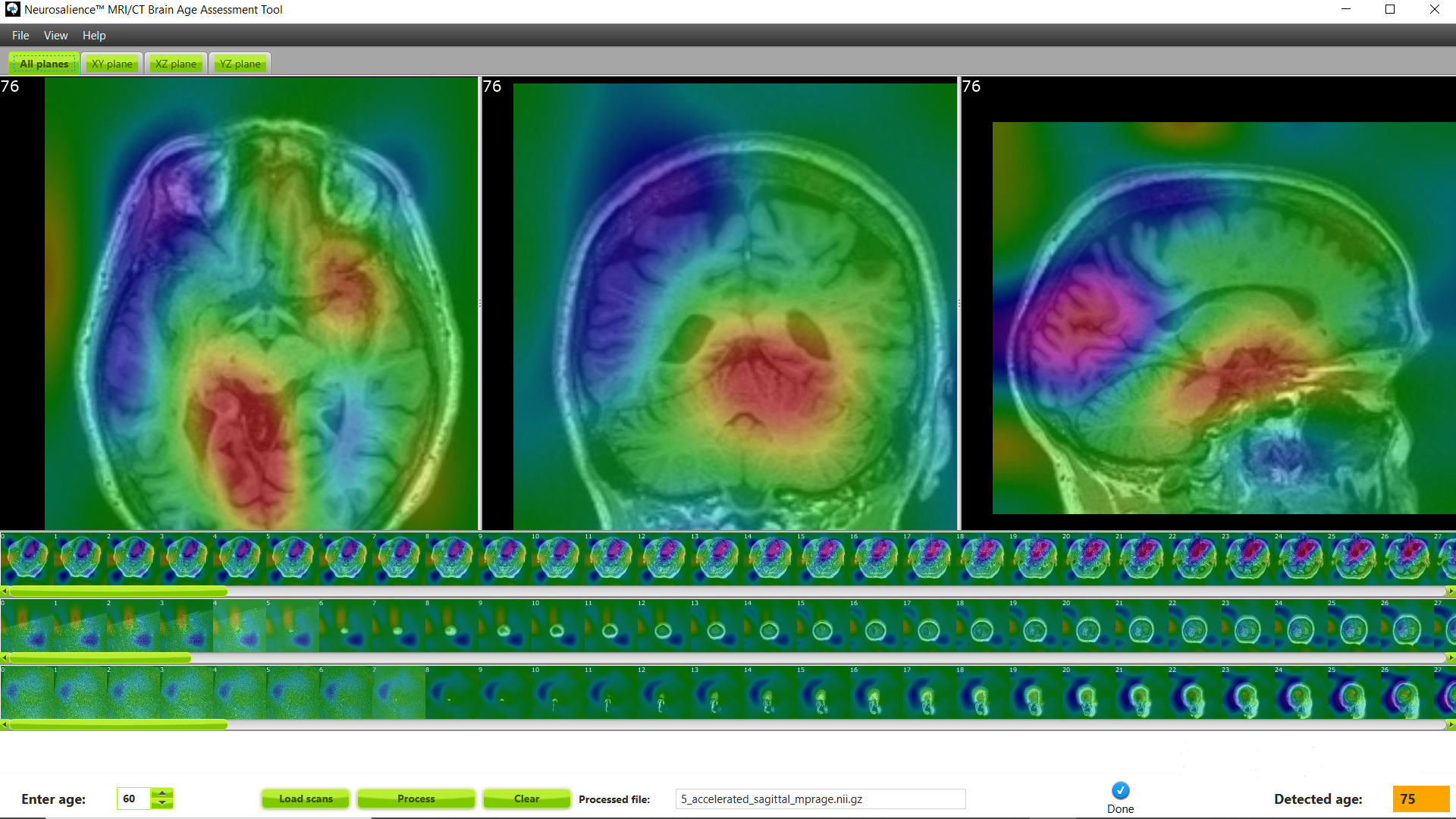
Neurosalience, which received a € 10,000 grant from Prototron at the end of January, is developing a tool for the early detection of dementia using magnetic resonance imaging (MRI). If the team can also apply the algorithm to computed tomography images, the study of brain changes will become significantly more accessible because it is about two times cheaper and five times faster than MRI images.
Similar to cancer screening, such a study could identify the risks of dementia at the earliest possible stage before symptoms develop. Already today, there are cases in the world where various activities, such as lifestyle changes, have been able to alleviate and also treat the symptoms of dementia.
The solution goes to piloting
One of the team members, Ksenia Sokolova, said that a pilot would be started soon at the West Tallinn Central Hospital, which would determine how the solution could be incorporated into the diagnostic process and whether this data would be enough to obtain the necessary permits to operate. “The problem with many solutions using artificial intelligence is that the rules are not yet clear today. We do not have this concern, so it should be possible to obtain all permits quickly, “he said.
The market is very large
Over a five-year period, Ksenia sees countries adopting the Neurosalience solution in screening. “Many countries have already decided that brain screening should be part of health screening. In Finland, for example, there is a heated debate on this. There is obviously a market for such a thing. People are living longer, and so there are more and more older people. It is estimated that by 2030, there will be more than 75 million people in the world diagnosed with dementia. In such a situation, screening for dementia and early diagnosis would be a very big thing,” Ksenia concluded.

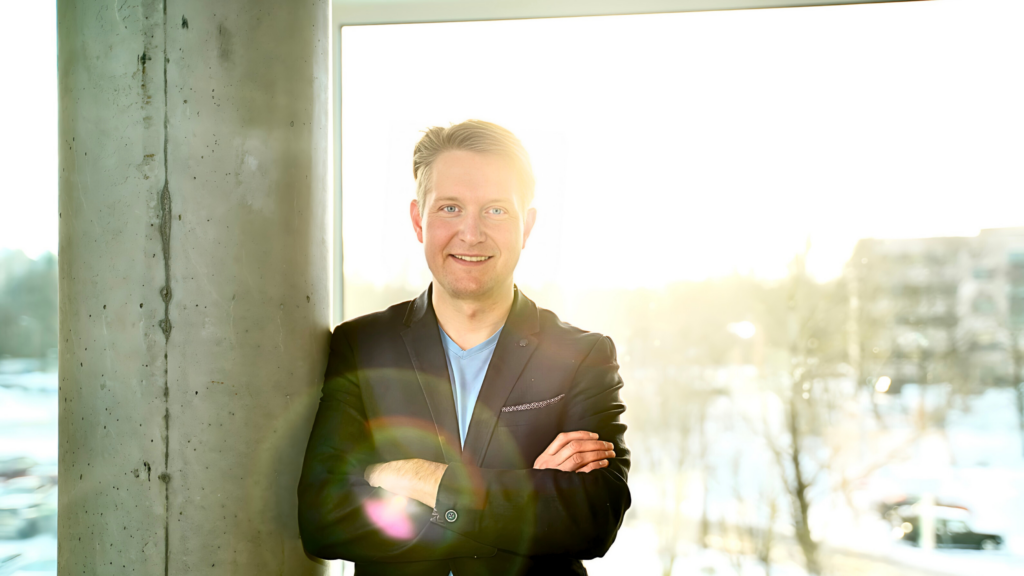
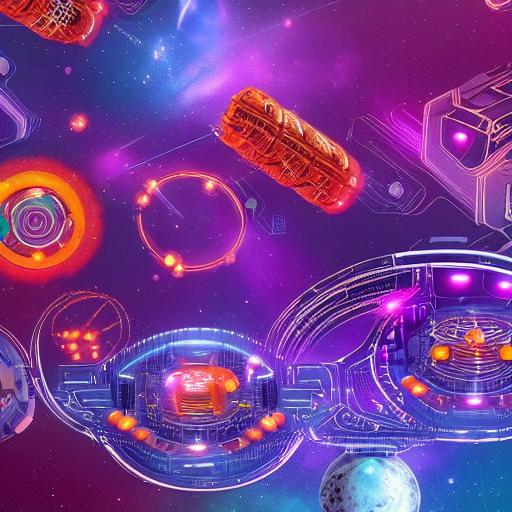
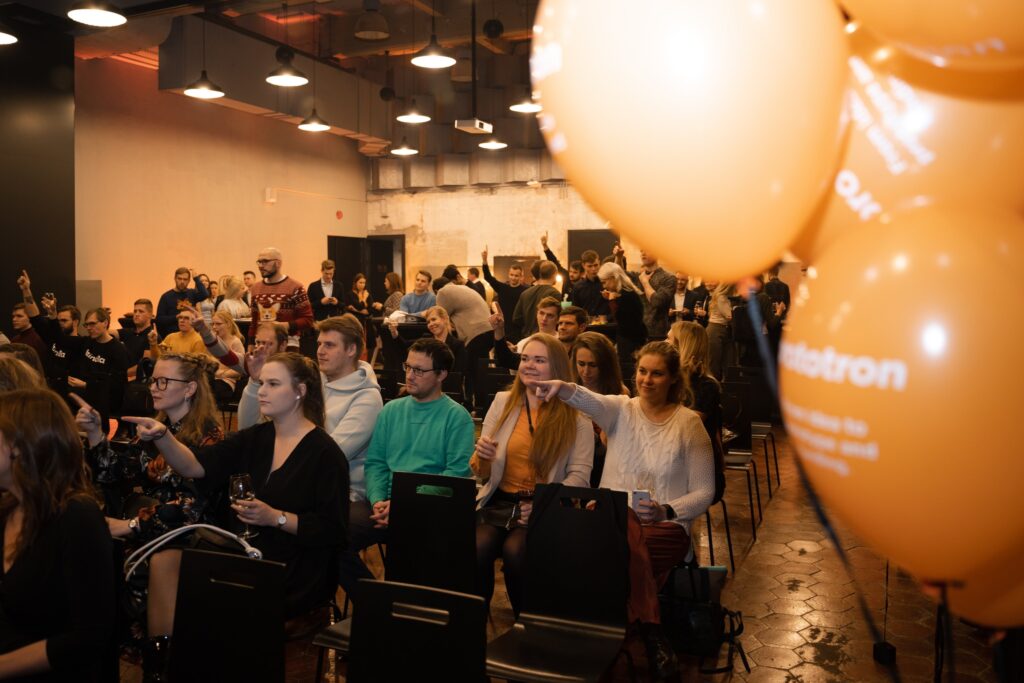
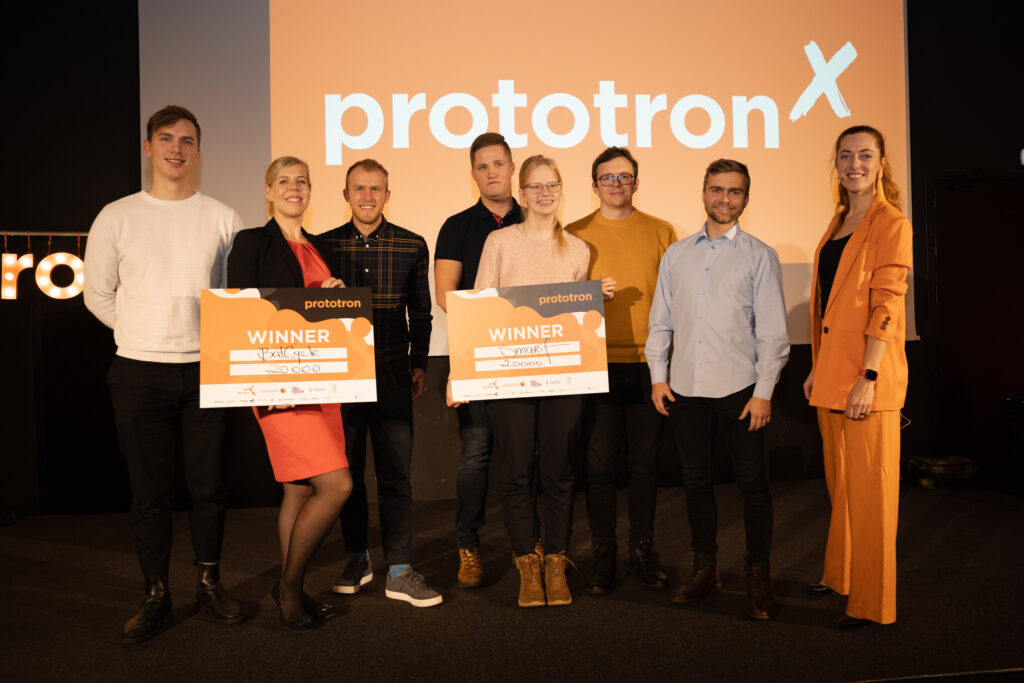

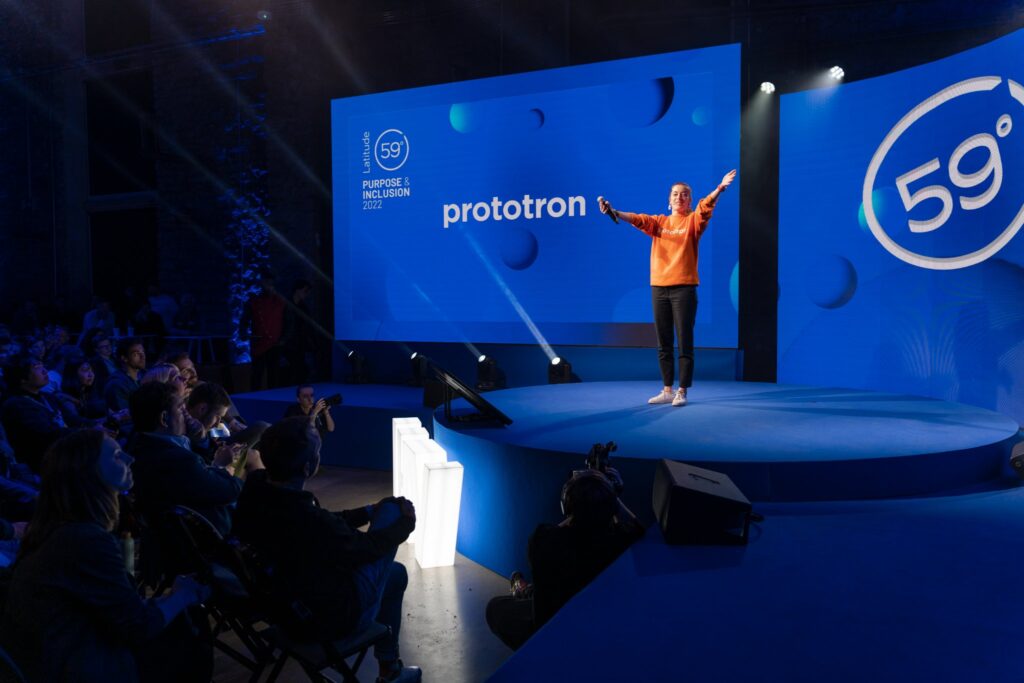


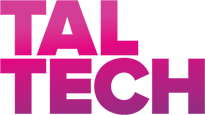































facebook
instagram
twitter
linkedin